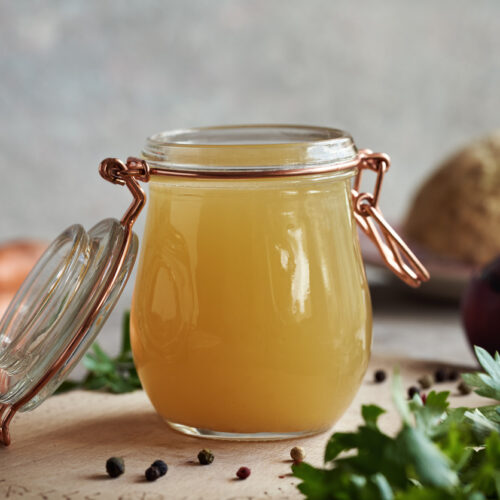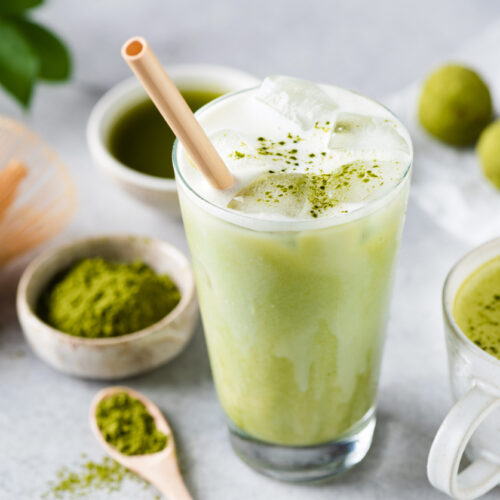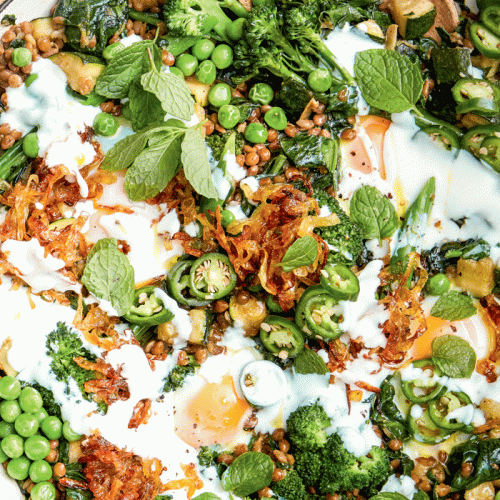
I love getting emails, tweets and Facebook messages from Healthy Food Guide readers. There's always something interesting, inspiring or useful to be found when people take the time to communicate with us – positive or negative – and I'm really grateful for that.
As you might imagine, not every email or message I receive is fan mail.
Reasonably regularly, I receive emails critical of information we have published – telling me we've got it wrong. Sometimes they are right – we've made an editing error or a typo. That happens occasionally, much as we hate it; we are human after all. And sometimes, people take issue with scientific facts we have published. They 'know', they say, that we are completely wrong, and the 'facts' are different from what we have published. I've learned over the years that it is sometimes not a good idea to get into a discussion on some topics. Food is something we all have in our lives; it's important and often emotional, and what we believe about food and health is sometimes not influenced at all by scientific evidence, no matter how much it is repeated. People believe, in the end, what they want to believe.
I was interested to learn about a concept known as 'truthiness'. It's been popularised by US comedian Stephen Colbert, who describes it as "truth that comes from the gut, not books". In other words: things we feel are true. I was fascinated to learn about a study recently undertaken by Victoria University PhD student, Eryn Newman, with researchers in Canada, investigating truthiness – and why we believe things that aren't actually true.
One of the intriguing things the researchers discovered is that people are more likely to believe claims are true, regardless of whether they actually are true, when a decorative photograph appears alongside the claim.
“We wanted to examine how the kinds of photos people see every day – the ones that decorate newspaper or TV headlines, for example – might produce ‘truthiness’,” said Newman. “We were really surprised by what we found.”
This got me thinking about how this might be playing out in the area of health and food. It seems clear to me (based on my emails – see above) that colourful and content-filled websites influence people's beliefs. How many times have you been sent a link to an alarming 'true' food story? Ones that spring to mind for me are: homogenised milk is dangerous; microwaves cause cancer; canola oil is not fit for human consumption; meat takes days to digest; cut onions are toxic. There are so many more and they change all the time. It is easy to believe things that are presented as facts when they're on an authoritative-looking website, just as we tend to believe things we read in the paper (and, it seems, we believe it more if there's a picture).
So what's the lesson here? We shouldn't have to personally research everything we read or hear – that would be exhausting! But we can take a moment and think about the sources of information. It's worth being careful when evaluating claims about health and food. Who is telling us this, and why? Are they qualified to speak definitively on this topic? Are they trying to sell me something? Is this backed up by evidence, not anecdote? Is it good quality evidence, not just one study or survey? Am I getting all the information, or just the bits this person wants to tell me?
This is the kind of process we go through at Healthy Food Guide when we're researching our articles, and it's why we are very clear about the fact that we base everything we print on the body of established evidence (see page 6 of every issue). Ultimately we're all free to believe what we will about food and health, but for us here, there's definite method to our madness.
For more on the study, click here.
And to watch Stephen Colbert talking about the truthiness study on his show, click here.
www.healthyfood.com










